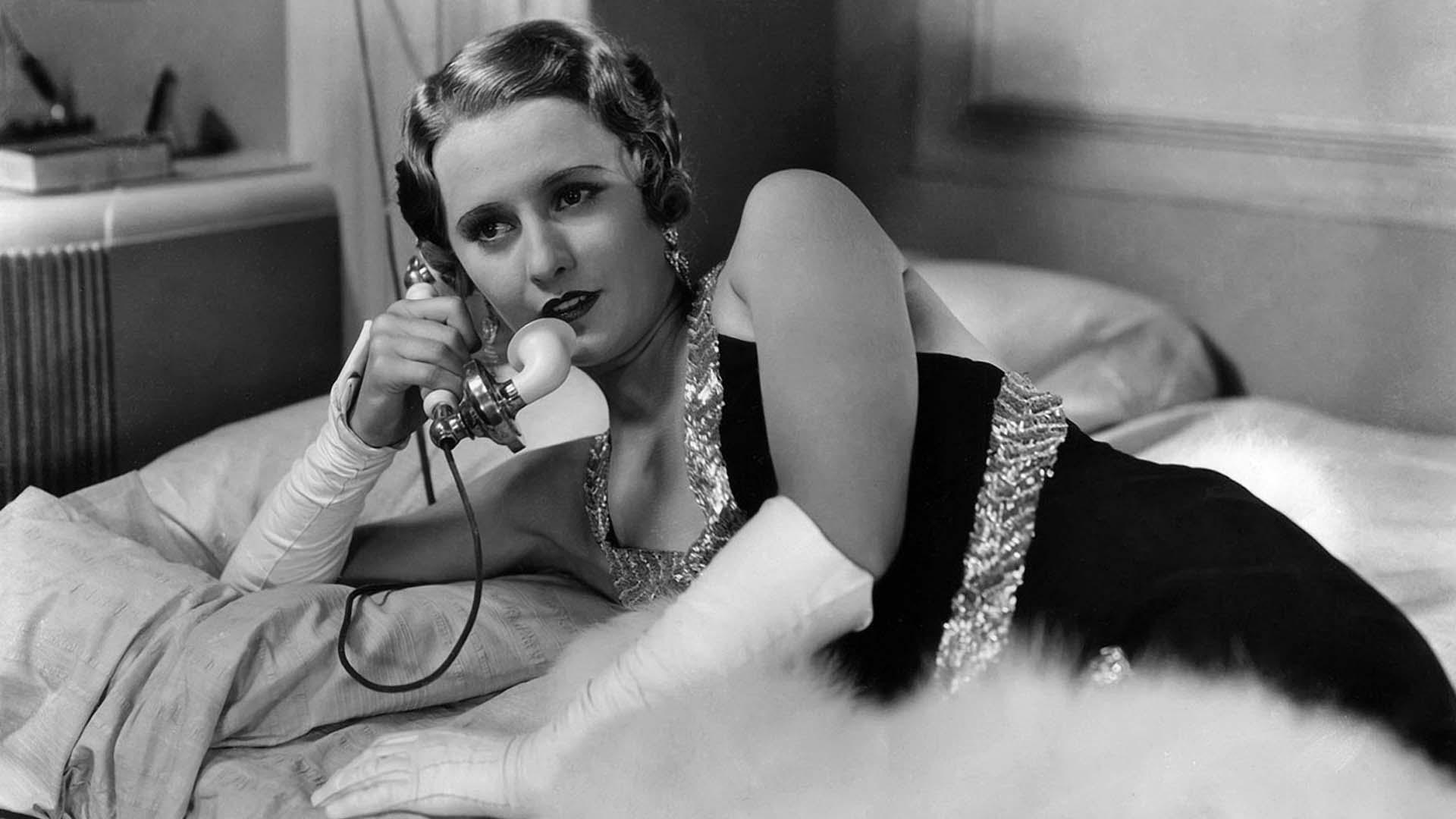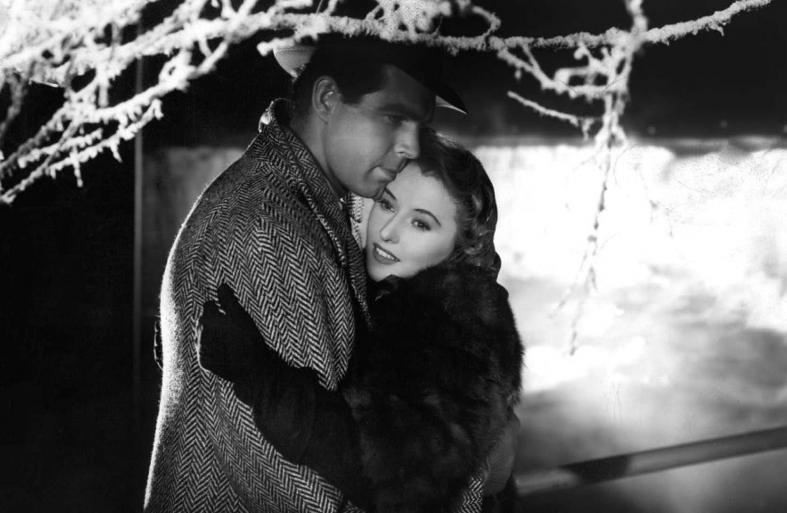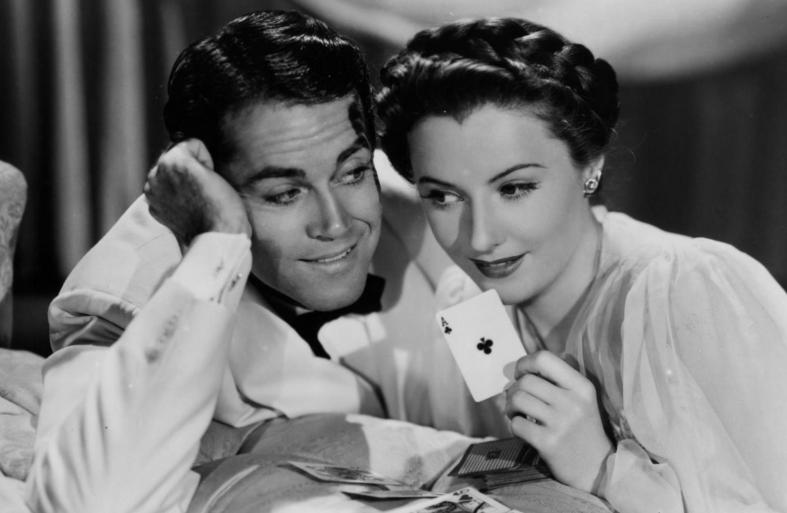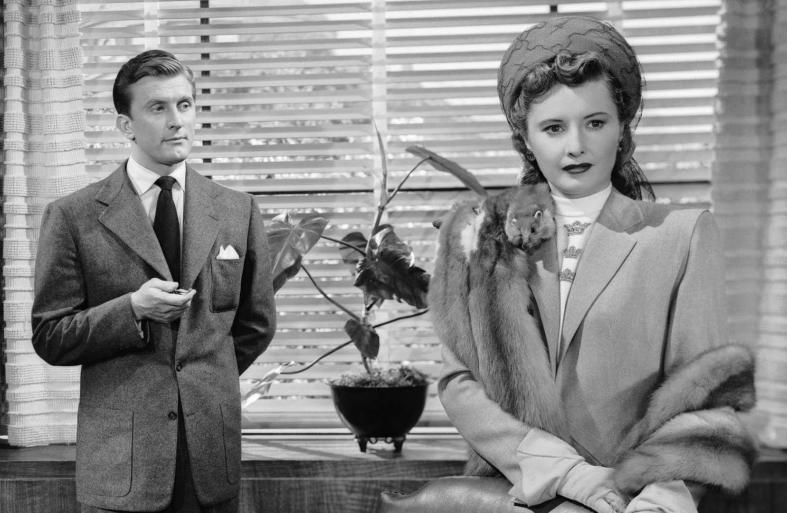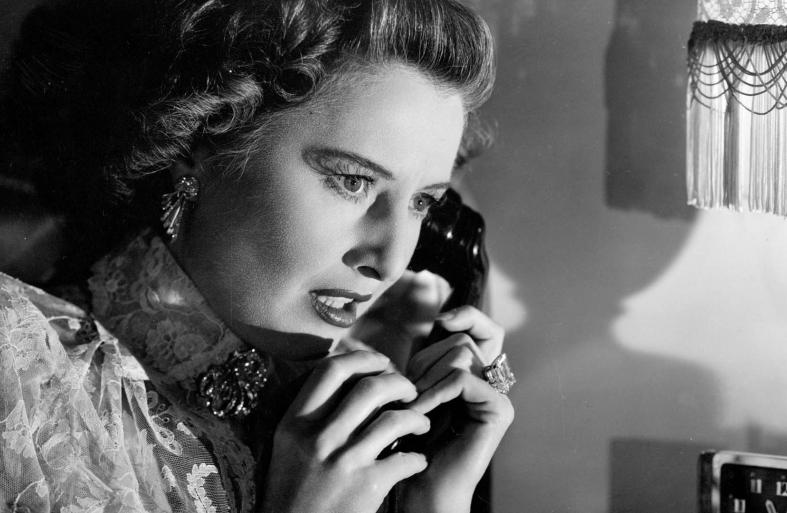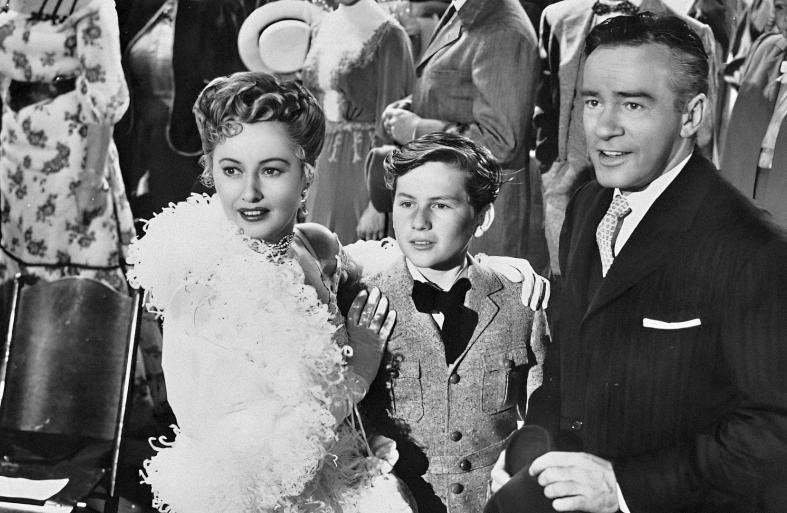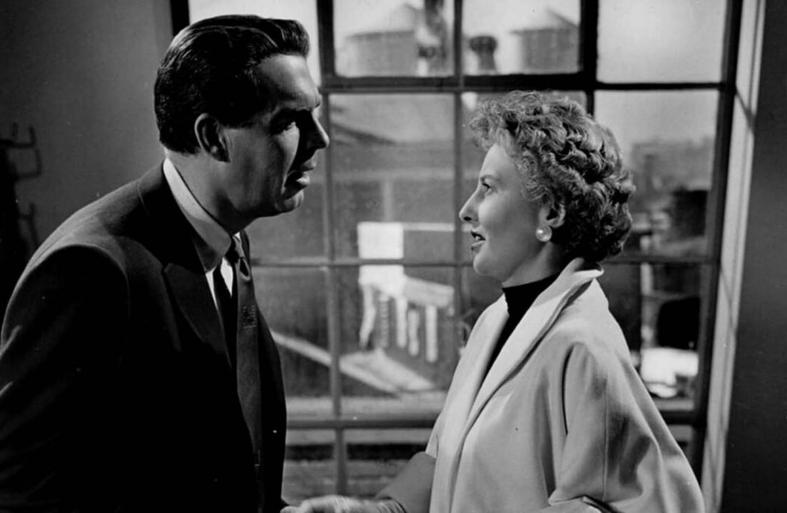"Seems like every time Miss Stanwyck makes a picture she makes a false step—fictionally speaking, that is," wittily wrote New York Times film critic Bosley Crowther when another drama starring Stanwyck came out in the late 1940s. There may not be a more accurate sentence than this to summarize Stanwyck's place within Hollywood, though she was certainly one of its biggest stars in the 1930s and 1940s.
There is a degree of overlap between her biography and how her cinematic persona formed. Born in 1907, Stanwyck became orphaned at a young age, forcing her to move between foster homes and orphanages, and after watching her older sister perform in nightclubs, she decided that the stage was where she aspired to be. At 16, she performed as a dancer, she then reached Broadway and from there to Hollywood, just as film advanced from silent form to talkies. Her first roles presented the character of a young and unrestrained woman who would do anything to establish her place in the world. Her work makes it possible to discover pre-code Hollywood and the cinema created at the time. These are films that deal surprisingly directly with dubious heroes, dominating women and men who lose their minds, extramarital affairs, and other issues that challenge the correct social order.
In the late 1930s, Stanwyck still starred in comedies such as Remember the Night, Lady Eve, and others; in the 1940s, she was the heroine of film noir (from Double Indemnity to The Strange Love of Martha Ivers, Sorry, Wrong Number) and in the 1950s, after she turned 40, she appears in melodramas (All I Desire, There's Always Tomorrow). Almost all of these roles find her as an outsider - an independent and strong woman who fails to maintain a family unit, whose ambitions disrupt her life, and whose presence is a threatening temptation.
Indeed, in all her performances, it is difficult to take your eyes off her - beyond the blonde facade, there is always something mysterious and unexpected that makes her presence on the screen extraordinary. It is an oddity that expresses danger and equally evokes compassion and melancholy. Hidden within this filmography is a sort of duet with the actor Fred MacMurray, who played alongside her in three films (Remember the Night, Double Indemnity, and There's Always Tomorrow). Their collaboration adds up to a portrait of a relationship that does not reach an outlet and is full of sorrow and loss.
Stanwyck's career did not end in missed opportunities. Although she left cinema in the early 1960s and found her place in television, she always knew how to navigate her way within the industry. This month's program is an opportunity to watch some of her career highlights.
